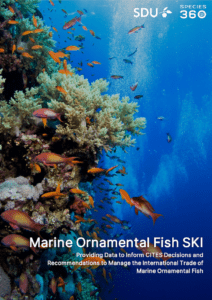Critical data is missing for 98 percent of known terrestrial vertebrates. Led by the Conservation Science Alliance, Species Knowledge Index research seeks to find — and fill — the gaps.
It is surprising how little we know about the species that share our planet. Data shared by wildlife experts worldwide — including nearly 1200 Species360 member institutions in 99 countries — is filling this void by providing critical missing data needed to help save species from extinction.
Led by the Species360 Conservation Science Alliance, Species Knowledge Index programs reach across disparate global sources to identify and classify demography, genetics, primary biodiversity data, and relevant legislation, for all of our planet’s described species.
The first of these, the Demographic Species Knowledge Index, published in Proceedings of the National Academy of Sciences (April 2019), uncovers up to an eightfold increase in information scientists require to assess world populations of known species. The results of this and future Species Knowledge Index research provide vital information to those fighting to save species from extinction.
Can we make a difference? Listen to what these experts say about the role of global data in saving species.
Published in the journal Proceedings of the National Academy of Sciences (PNAS), research led by Species360 Director of Science Dr. Dalia Conde introduces the Demographic Species Knowledge Index — the first of a series of Species Knowledge Index tools helping to inform species survival programs. Read the article in PNAS, download open data, and learn more about the research program here.
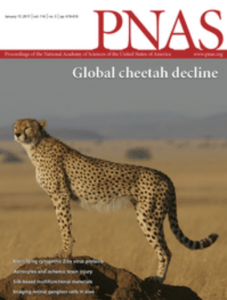
Decades of conservation efforts have led to the development of targeted, strategic conservation actions that positively impact biodiversity. Still, conservation targets are regularly not met. One reason why conservation measures fail is the scarcity of data to inform conservation policies. For example, lack of information is one of the reasons why the Convention of Biological Diversity (CBD)’s target to achieve a significant reduction in biodiversity loss by 2010 has not been met. As a response, the CBD adopted the goal for data to be “widely shared and transferred” in their strategic plan for 2011-2020 (Aichi Target 19, SCBD, 2010).
In order to measure the void and assess gaps and opportunities for conservation a multidisciplinary team of 33 researchers led by Director of Science Dalia Conde developed a Demographic Species Knowledge Index (D-SKI) that scores how much we know about data needed to understand population decline for the world’s known species of mammals, birds, reptiles, and amphibians. The paper published in the journal Proceedings of the National Academy of Sciences(PNAS) reveals that we are lacking critical information for more than 98 percent of known species.
Researchers found that we can substantially increase what we know by applying robust analytics to data long overlooked. When they added data from the Zoological Information Management System (ZIMS), researchers discovered an 800 percent increase in data across species. Managed by global nonprofit Species360, ZIMS is curated by wildlife experts and researchers at nearly 1,200 zoological institutional in 99 countries.
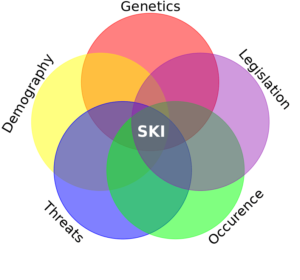
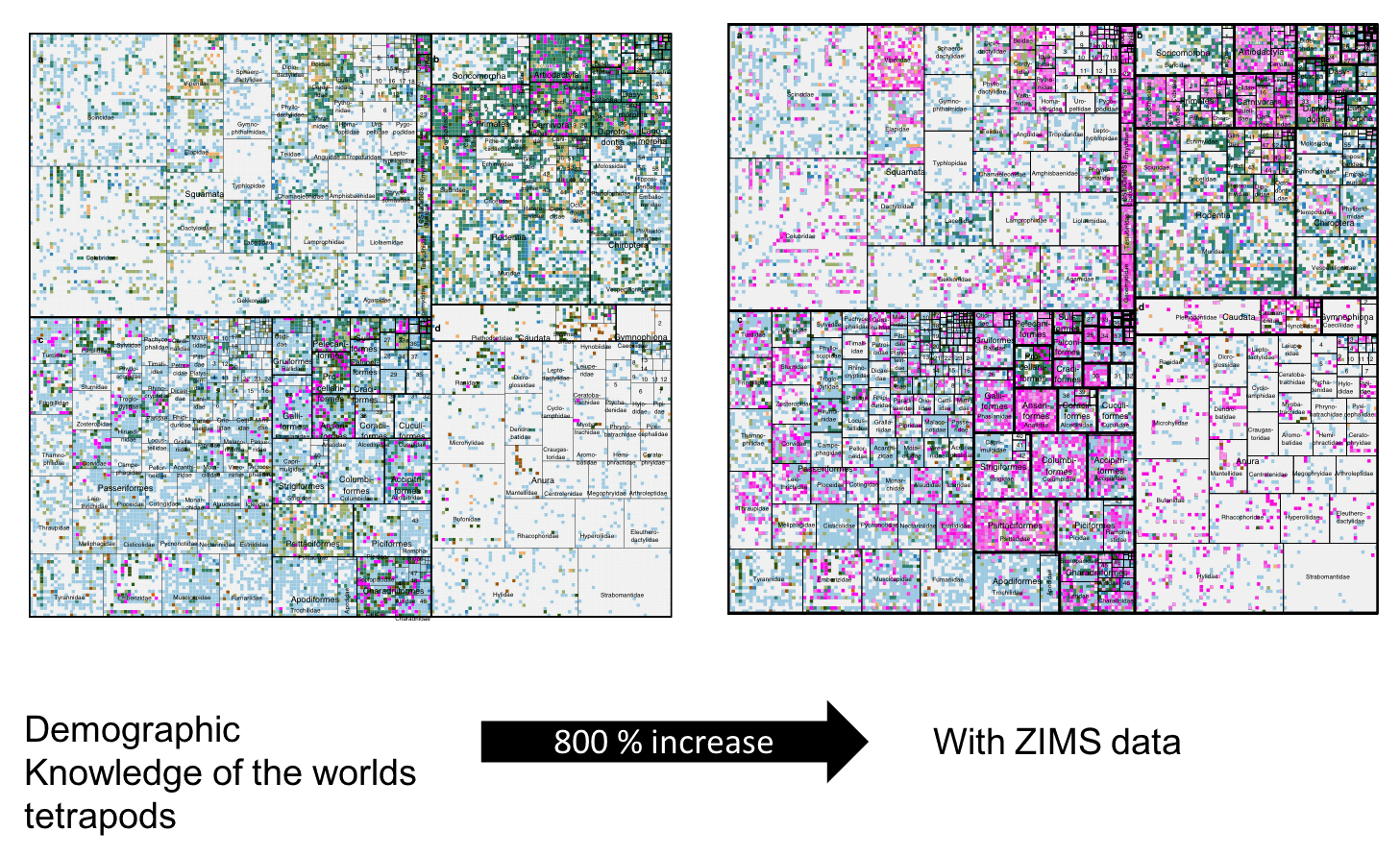
Learn more about the Demographic Species Knowledge Index study, and the researchers that collaborated to achieve it, here.
The Demographic Species Knowledge Index serves as a first step towards our ambitious goal of mapping the world’s biodiversity knowledge and has been recommended for the implementation of the post 2020 EU Biodiversity strategy supported by WWF, BirdLife International, the Nature Conservancy, and 17 other conservation organizations.
The Species Knowledge Index (SKI) reports
The Species Knowledge Initiative on Songbirds
Songbirds are the first taxon to be mapped using the SKI methodology with the main objective of supporting the Convention on International Trade in Endangered Species of Wild Fauna and Flora (CITES).
The goal of the Songbird SKI is to identify and rank species in terms of their prevalence in international wildlife trade in relation to their survival status in situ and to direct further research on the impacts of international trade.
Click here to learn more.
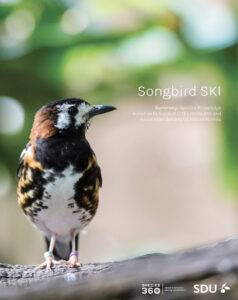
The Species Knowledge Index on Marine Ornamental Fish
The Marine Ornamental Fish Species Knowledge Index (SKI) was established as part of the Species360 Conservation Science Alliance Species Knowledge Initiative, aiming to identify species requiring urgent research efforts for Convention on International Trade in Endangered Species of Wild Fauna and Flora (CITES) considerations.
The goal of the Marine Ornamental Fish SKI is to identify and rank species in terms of their prevalence in international wildlife trade in relation to their survival status in situ and to direct further research on the impacts of international trade.
Click here to learn more.
